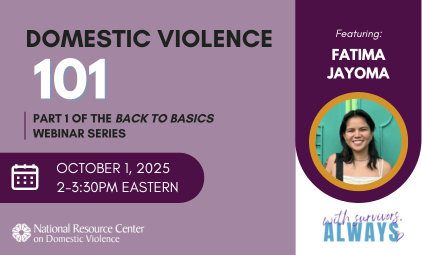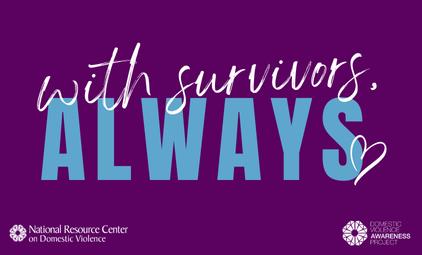Pets can play a crucial role in the emotional and physical well-being of older adults, offering companionship, reducing feelings of loneliness, lowering stress, providing opportunities for physical exercise and engagement with the community, and, for some, providing assistance with day-to-day activities. Per the Pew Research Center, most Americans (62%) own a pet, and nearly all U.S. pet owners (97%) say their pets are part of their family. Sadly, abusers often exploit these strong emotional bonds with pets to control and manipulate their victims. In fact, research points out that as many as 89% of victims with pets say their abusers threatened, hurt, or killed their pets as leverage to prevent them from leaving or to force them to return in order to care for the animals (Barrett, B.J., et al., 2017). In another study, 75% of Adult Protective Services workers reported that their clients’ concerns for their pets affected their decisions to accept interventions or other services (Boat, B. W., & Knight, J. C., 2000).
Older survivors may already face service barriers in emergency or temporary housing that lack accessible accommodations or age-tailored supports. Most domestic violence shelters are unable to accommodate pets, which further limits options for older survivors wishing to leave an abusive situation. Safety considerations for older survivors with animals are essential to ensuring both the well-being of the individuals and their pets.
To address this critical intersection, NCALL has collaborated with the Animal Welfare Institute to offer “Addressing Pet Safety with Victims of Abuse in Later Life” Webinar + Ask the Expert. During the webinar, the presenters will explain the unique characteristics of abuse in later life and explore recommended tips and strategies for effective victim service provision and pet safety planning with older adults, including resources that can help survivors protect their pets, information about pet-friendly shelters or services that offer temporary housing for animals during a crisis, and details about pet-friendly civil legal remedies. Additionally, webinar attendees will hear directly from the program director at the Rape and Abuse Crisis Center in Fargo, ND, about their work in providing services to older adults and support to survivors with pets. Time at the conclusion of the webinar will also be made available for questions.
Create an account to save and access your bookmarked materials anytime, anywhere.
An Online Resource Library on Domestic & Sexual Violence
Event Type
Location Name
Virtual
Event Date
Tuesday, December 17, 2024, 03:00PM
Event Contact Name
Victoria Ferguson-Young, NCALL
Event Contact Email
vfergusonyoung@ncall.us














